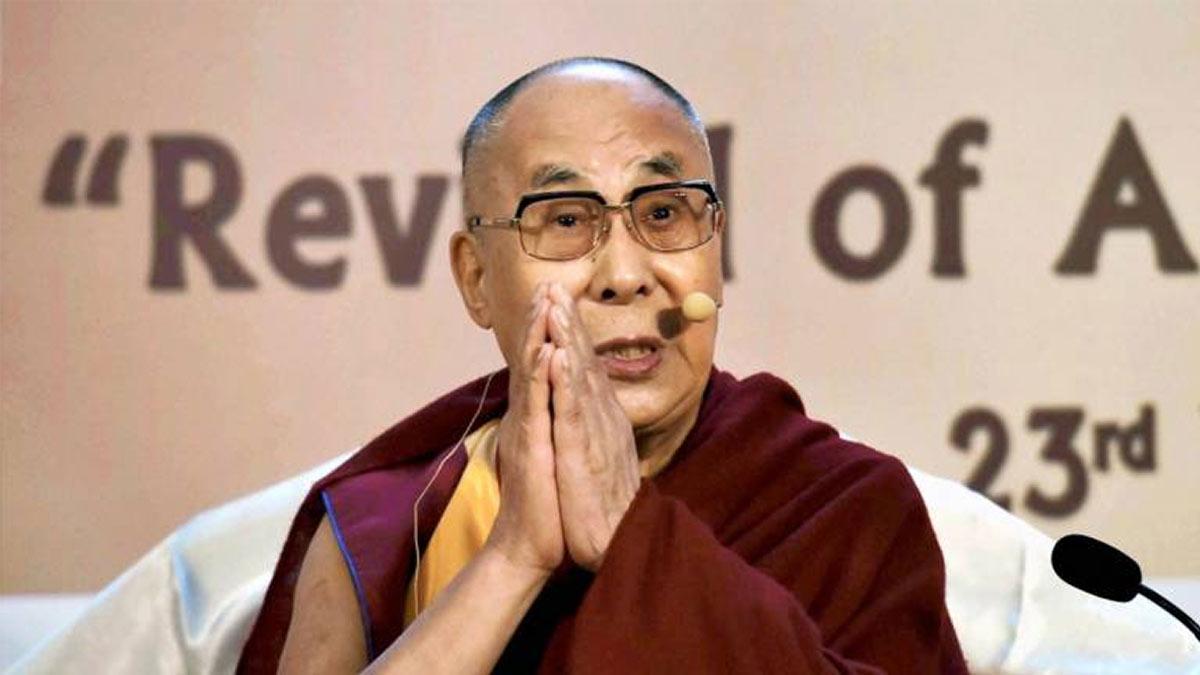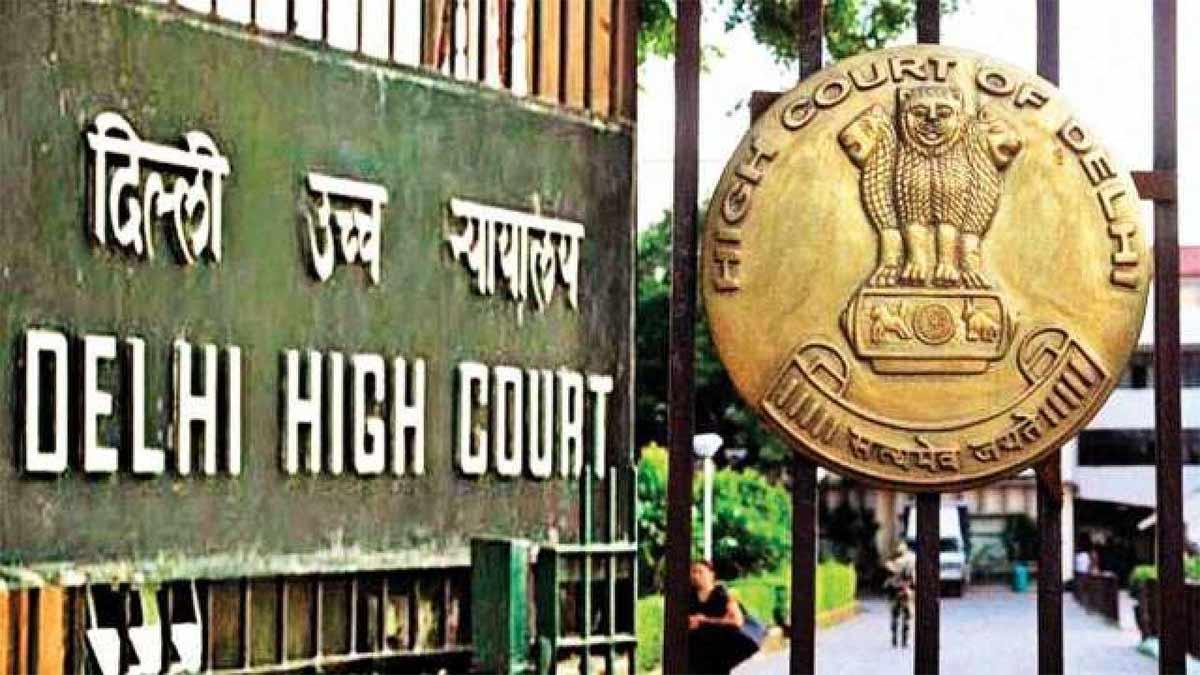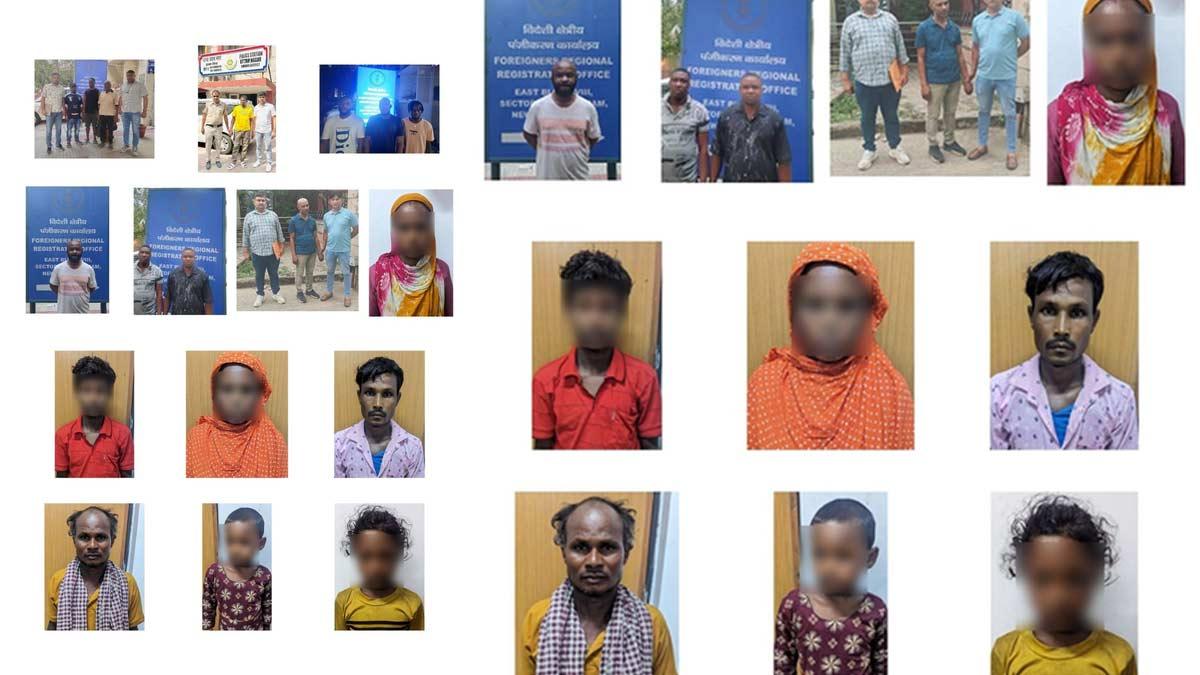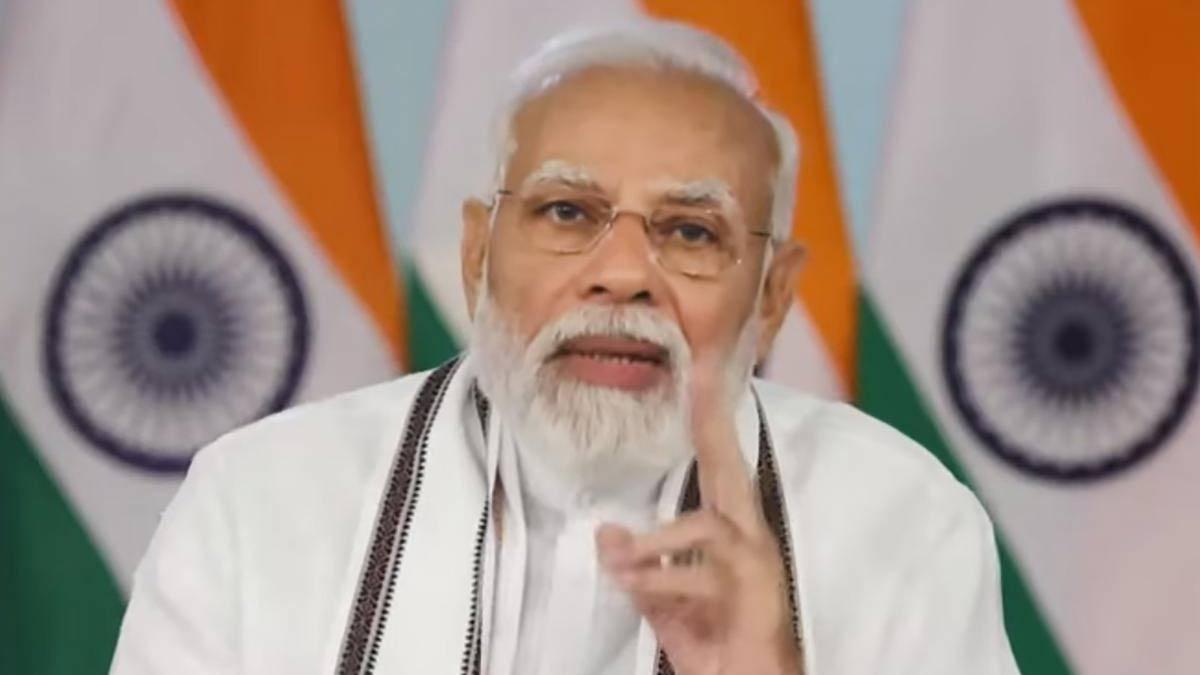The Supreme Court has said that corruption is a malaise, the presence of which is all pervading in every walk of life and it is not now limited to the spheres of activities of governance and regrettably, responsible citizens say it has become a way of one's life.
A bench of Justices S. Ravindra Bhat and Dipankar Datta said: "Unsatiated greed for wealth has facilitated corruption to develop like cancer. If the corrupt succeed in duping the law enforcers, their success erodes even the fear of getting caught. They tend to bask under a hubris that rules and regulations are for humble mortals and not them."
The bench added, "though it is the preambular promise of the Constitution to secure social justice to the people of India by striving to achieve equal distribution of wealth, it is yet a distant dream. If not the main, one of the more prominent hurdles for achieving progress in this field is undoubtedly 'corruption'".
"Corruption is a malaise, the presence of which is all pervading in every walk of life. It is not now limited to the spheres of activities of governance; regrettably, responsible citizens say it has become a way of one's life."
Also read | Under 'Captain Modi', net practice begins early, goes on till late: S Jaishankar
The top court made these observations while setting aside an order of the Chhattisgarh High Court, which quashed the FIR registered against the state's former Principal Secretary Aman Singh and his wife for allegedly amassing disproportionate assets. The court had observed that allegations were prima facie based upon probabilities.
Justice Datta, who authored the judgment on behalf of the bench, said it is a matter of disgrace for the entire community that there is a steady decline in pursuing the lofty ideals which the founding fathers of our Constitution had in mind and degradation of moral values in society is rapidly on the rise.
"Not much debate is required to trace the root of corruption. 'Greed', regarded in Hinduism as one of the seven sins, has been overpowering in its impact," it added.
The top court said although an appropriate legislation is in place to prevent the cancer of corruption from growing and developing, where maximum punishment by way of imprisonment for ten years is stipulated, curbing it in adequate measure, much less eradicating it, is not only elusive but unthinkable in present times.
"Constitutional Courts owe a duty to the people of the nation to show zero tolerance to corruption and come down heavily against the perpetrators of the crime while at the same time, saving those innocent public servants, who unfortunately get entangled by men of dubious conduct acting from behind the screen with ulterior motives and/or to achieve vested interests," added the bench.
The case was registered in February 2020 against the Singhs under sections of the Prevention of Corruption Act, 1988 and 120 (B) (criminal conspiracy) of the Indian Penal Code based on a complaint lodged by Uchit Sharma, who claims to be an RTI activist and is based in Raipur.
People have become low on tolerance, not willing to accept opinions: CJI Chandrachud
Chief Justice of India D.Y. Chandrachud on Friday observed that a flip side of technology is that people have become "low on tolerance" and have retreated within, and that truth has become a victim of false news."People are low on tolerance because they are not willing to accept your views. Humanity has also retreated within... Some of this is product of technology itself. Truth has become a victim of false news," he said after inaugurating the three-day international conference, being organised by the American Bar Association (ABA) on the theme "Law in the Age of Glocalisation: Convergence of India and the West". Solicitor General Tushar Mehta was also present.
The CJI also expressed displeasure over how easily people troll judges when they do not agree with them.
"We did not have social media. We (judges) know that we are trolled by anyone who does not agree with us," he said, adding that when the Constitution of India was drafted, nobody knew how human society would evolve.
The CJI also said that trolling comes when people are unwilling to accept opinion and perspective that are different from their own.
"Every little thing that we do - and believe me, as judges we are no exception to this - in everything that you do, you face the threat of being trolled by someone who doesn't share your point of view," he said.
The CJI also dwelt on how something said as a seed germinates into a theory that cannot be tested on the anvil of rational science.
He also highlighted how technology had been transforming our lives, especially the lives of judges.
"Covid gave us little option. The then CJI told me we have to close our doors and now how do we grant bail etc. I told the CJI we have desktop computers and we can start video conferencing," he noted.
On appointing more women judges in the apex court and the high court, the CJI said he definitely supports it, but the answer is a "little complex".
"I am often asked about why we can't have more women judges in the Supreme Court than we have, why can't we have more high court judges from among the women we have. And the answer is not simple, the answer is a little complex. And I hope it has a gem of truth," he said.
He pointed out that decentralisation of justice is the result of video conferencing and that it has become an important paradigm of access to justice.
Also read | Fanatics say 'Mar Ja Modi', voters say 'Mat Ja Modi': PM
"It has promoted equalisation of justice. Supreme Court is the supreme court of smallest of villages, and not just Tilak Marg of Delhi."
Mehta said that the event of glocalisation could not have been held at a better venue than India.
"It is at the centre of glocalisation. India is now a destination as an economic powerhouse in the world," he remarked.
"We have made several statutory and legislative changes. We have reduced corporate tax. We have reduced conflict which clogged our justice system. Ease of doing business have become faster," he added.


















